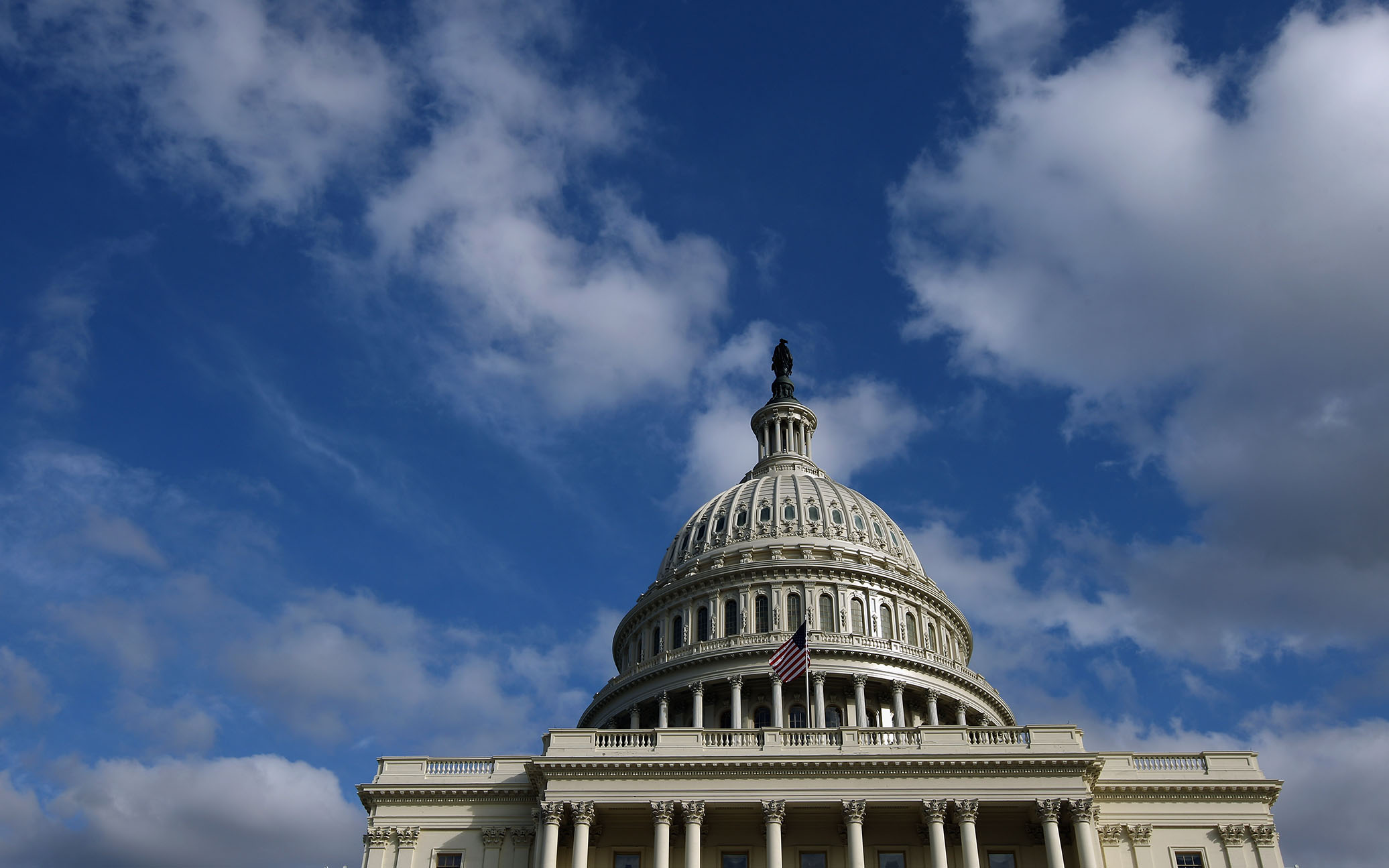There’s uncertainty as Congress works to craft a funds for the federal government’s subsequent fiscal yr which begins in October. (Thinkstock)
A $1.2 trillion deal to fund the federal authorities consists of extra money for particular schooling and incapacity employment, however many different applications benefiting individuals with disabilities weren’t as fortunate.
The funding package deal signed by President Joe Biden late final month comes about midway via the federal fiscal yr after Congress spent months leaning on a collection of stopgap measures to maintain authorities applications working. The measure funds the federal government via September.
Notably, the spending plan options $14.2 billion in funding for state grants below the People with Disabilities Training Act, a $20 million enhance over final yr. And, vocational rehabilitation will see a $304 million increase, bringing this system to $4.25 billion.
Commercial – Proceed Studying Under
On the identical time, nonetheless, residence and community-based supportive providers, state developmental disabilities councils, safety and advocacy companies and plenty of different applications that folks with disabilities depend on will see degree funding, which incapacity advocates say is actually a lower when inflation is factored.
The funds doesn’t consider the realities dealing with individuals with developmental disabilities and their households, based on Kim Musheno, vice chairman of public coverage on the Autism Society of America. She identified that the Administration for Group Dwelling, which oversees many efforts to assist individuals with disabilities throughout the lifespan, will see a lower. And, funding stays flat for the Autism CARES Act and the Lifespan Respite Care Act, she mentioned.
“Given the great wants of the group, we’re dissatisfied that Congress level-funded most applications that assist individuals with disabilities,” Musheno mentioned. “I want extra members of Congress might stroll a day — or month — within the footwear of individuals with developmental disabilities and their households.”
Even the rise for particular schooling comes with an asterisk, based on Denise Marshall, CEO of the Council of Guardian Attorneys and Advocates, or COPAA, a nonprofit that advocates for the rights of scholars with disabilities and their households.
“We recognize the rise as a step in the best path throughout intense funds negotiations, nonetheless, it’s not but a win for college kids,” Marshall mentioned.
She referred to as the additional $20 million for IDEA a “token” enhance that received’t meaningfully influence this system and mentioned her group is pushing for Congress to satisfy its dedication to fund 40% of the price of particular schooling.
Nonetheless, many incapacity advocates mentioned they’re relieved to see lawmakers convey the appropriations course of to a detailed even when it’s simply in time for Congress to start out deliberating federal funding for the subsequent fiscal yr, which is able to begin in October.
“The upshot on this funds is generally that it might have been a lot worse than it’s,” mentioned Zoe Gross, director of advocacy on the Autistic Self Advocacy Community.
Learn extra tales like this one. Join Incapacity Scoop’s free e mail e-newsletter to get the most recent developmental incapacity information despatched straight to your inbox.


